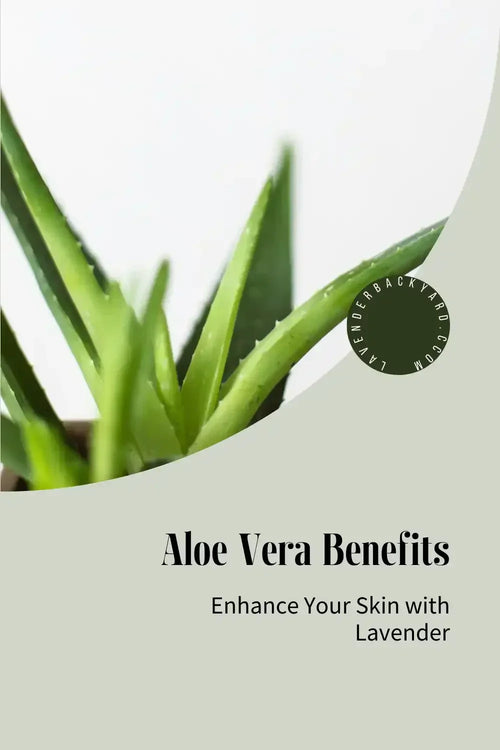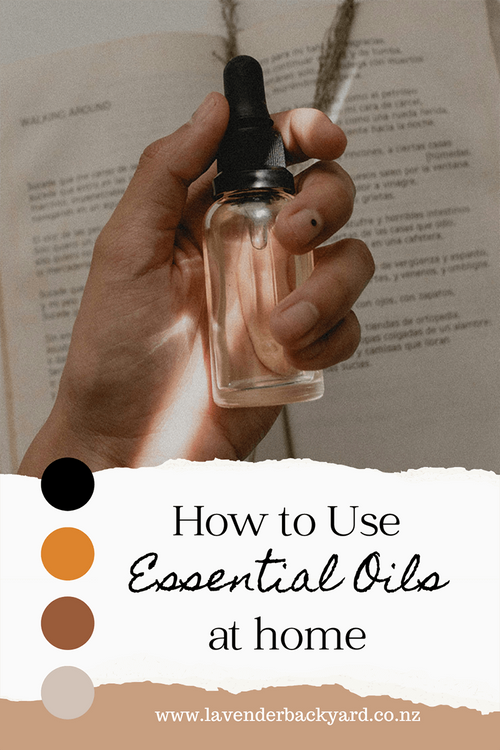Best Bath: Amazing Benefits and Uses Of Epsom Bath Salt

Epsom salt, scientifically known as magnesium sulfate, is a natural mineral compound widely renowned for its incredible therapeutic properties. Unlike regular table salt, Epsom salt isn’t used for cooking; instead, it’s famous for its health and wellness benefits, including muscle soreness relief, stress reduction, and skin care improvements. Whether you’re looking to relax after a long day or soothe aching muscles, Epsom salt is the ultimate addition to your self-care routine.
In this article, we’ll explore the many benefits of Epsom salt, its differences from other salts, and how you can incorporate it into your daily life for a truly therapeutic experience.
What is Epsom Salt? Understanding Magnesium Sulfate
Epsom salt, or magnesium sulfate, is a mineral compound composed of magnesium, sulfur, and oxygen. Unlike regular table salt, which is primarily sodium chloride, Epsom salt has unique properties that make it beneficial for relaxation, muscle recovery, and skin health. It’s used in bath salts and wellness products to help alleviate a variety of ailments, from sore muscles to stress and skin irritation.
- Epsom Salt Promotes Relaxation – A Must-Have for Stress Relief
One of the most notable benefits of Epsom salt is its ability to promote relaxation. When dissolved in warm water, Epsom salt allows magnesium to be absorbed through the skin, which helps reduce stress, ease muscle tension, and improve overall well-being. Whether you’re looking to unwind after a busy day or simply enjoy a soothing soak, Epsom salt is the perfect solution for relaxation.
- Epsom Salt Can Relieve Muscle Pain – Ideal for Post-Exercise Recovery
Epsom salt is a game-changer for those who suffer from muscle soreness or inflammation. The magnesium in Epsom salt helps to relax muscles and reduce inflammation, making it perfect for soothing sore muscles after exercise. To enjoy the benefits, simply add a few tablespoons of Epsom salt to a warm bath and soak for 15-20 minutes. This practice is particularly helpful for relieving joint pain and tension in the body.
- Epsom Salt Supports Skin Health – Exfoliate and Soothe Irritation
In addition to its muscle-relaxing benefits, Epsom salt is also great for skin care. It helps to exfoliate dead skin cells, smooth rough patches, and soothe skin irritation. To use it as an exfoliator, mix Epsom salt with your favorite body wash and gently massage it onto your skin. It’s especially effective on areas like elbows, knees, and feet. The result? Soft, smooth, and rejuvenated skin!
- Epsom Salt Enhances Sleep – Your Secret to a Better Night's Rest
Epsom salt is well-known for its calming properties, which can contribute to better sleep. Magnesium helps regulate the production of melatonin, a hormone responsible for regulating your sleep cycle. A warm Epsom salt bath before bedtime can help you unwind and prepare for a deep, restful sleep, making it an essential part of any nighttime routine.
Difference Between Sea Salt, Table Salt, and Epsom Salt
While Epsom salt, sea salt, and table salt all come from different sources, they have distinct compositions and uses.
Sea Salt:
- Harvested from seawater through evaporation.
- Contains various minerals that give it a unique flavor and texture.
- Commonly used in cooking and seasoning.
Table Salt:
- Also known as refined salt.
- Processed to remove impurities and additives.
- Typically used in cooking and baking.
Epsom Salt:
- Composed of magnesium sulfate.
- Primarily used for therapeutic purposes.
- Ideal for relaxation, muscle pain relief, and skin care.
Can I Use Table Salt for My Bath?
Although table salt may seem like a substitute, it doesn’t offer the same therapeutic benefits as Epsom salt. Unlike table salt, which is composed of sodium chloride, Epsom salt contains magnesium, which is essential for muscle relaxation and stress reduction. Therefore, substituting table salt for Epsom salt won’t provide the same level of relaxation or relief.
Tips for Using Epsom Bath Salts: Relaxation, Muscle Pain Relief, and Smoothing Your Skin
Epsom salt can be easily incorporated into your self-care routine. Here’s how to get the most out of your Epsom salt bath:
Ease Stress and Relax the Body:
Add 3-5 tablespoons of Epsom salt to a warm bath and soak for 20-30 minutes. The magnesium will help relax your muscles and reduce stress, leaving you feeling refreshed and rejuvenated.
Muscle Pain Relief:
For muscle pain and inflammation, add 3 tablespoons of Epsom salt to a foot bath. Soak your feet for 14-20 minutes to relieve soreness and reduce inflammation.
Smoothing Your Skin:
Mix 2 tablespoons of Epsom salt with your favorite body wash and gently massage it onto rough skin areas like elbows, knees, and feet. Rinse with warm water for smooth, soft skin.
How Long Should You Soak in Epsom Salt?
The ideal soak time in an Epsom salt bath is about 15 to 20 minutes. This allows your skin to absorb the magnesium and experience its calming effects. For those with sensitive skin, starting with 10 minutes and gradually increasing the time is a good approach.
Things You Never Heard About Epsom Salts
Epsom salts aren’t just beneficial for humans; they also play a role in animal care. For example, racehorses often soak their legs in warm water mixed with Epsom salts to relieve inflammation and promote healing of strained tendons.
Caution Regarding Epsom Salt Usage
While Epsom salt has many benefits, it’s essential to use it in moderation. Too much Epsom salt in your bath can lead to skin irritation or dryness due to the high magnesium content. It’s always best to follow the recommended guidelines for a safe and enjoyable experience.
Lavender Backyard Garden – Your Source for Premium Bath Salts
At Lavender Backyard Garden, we grow lavender, rosemary, and other herbs on our New Zealand farm. We use steam distillation to produce high-quality essential oils and handcraft small-batch bath salts. Our bath salts are naturally scented with award-winning essential oils, ensuring you enjoy the most soothing and therapeutic experience possible. To learn more about our farm and products, click here to discover Lavender Backyard Garden.


